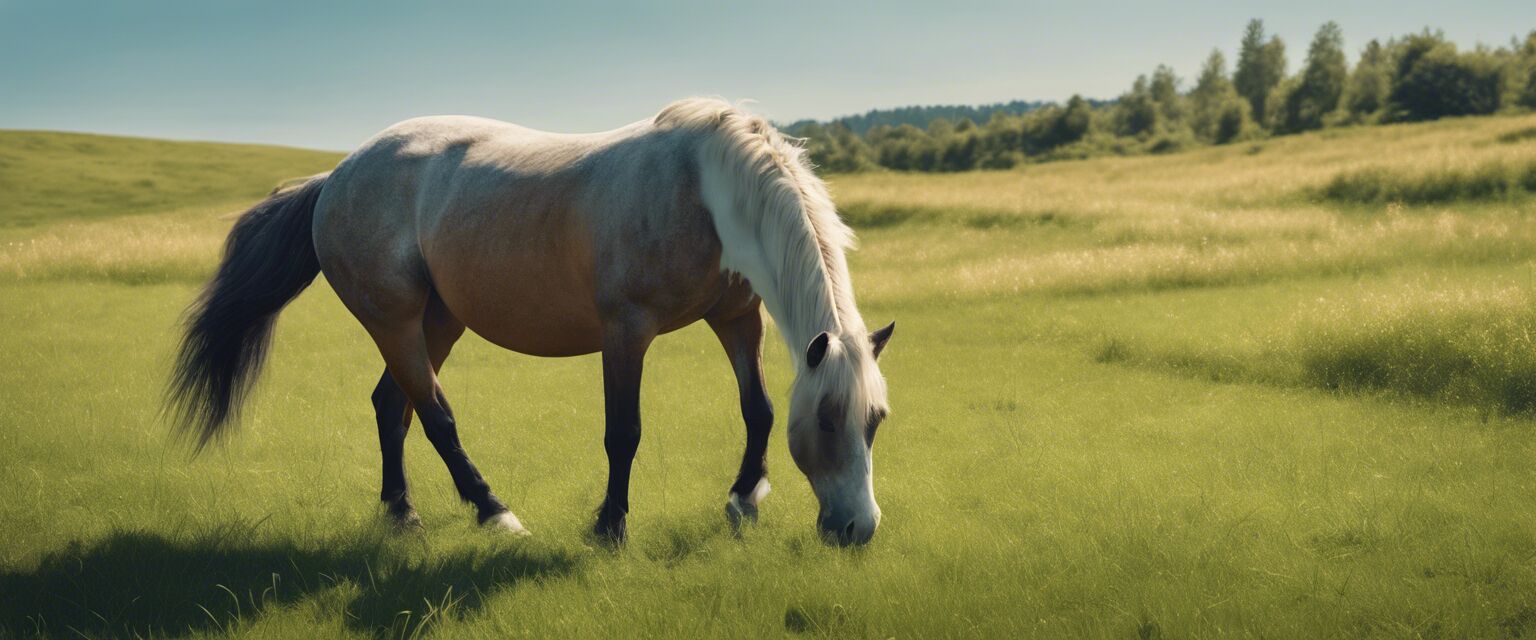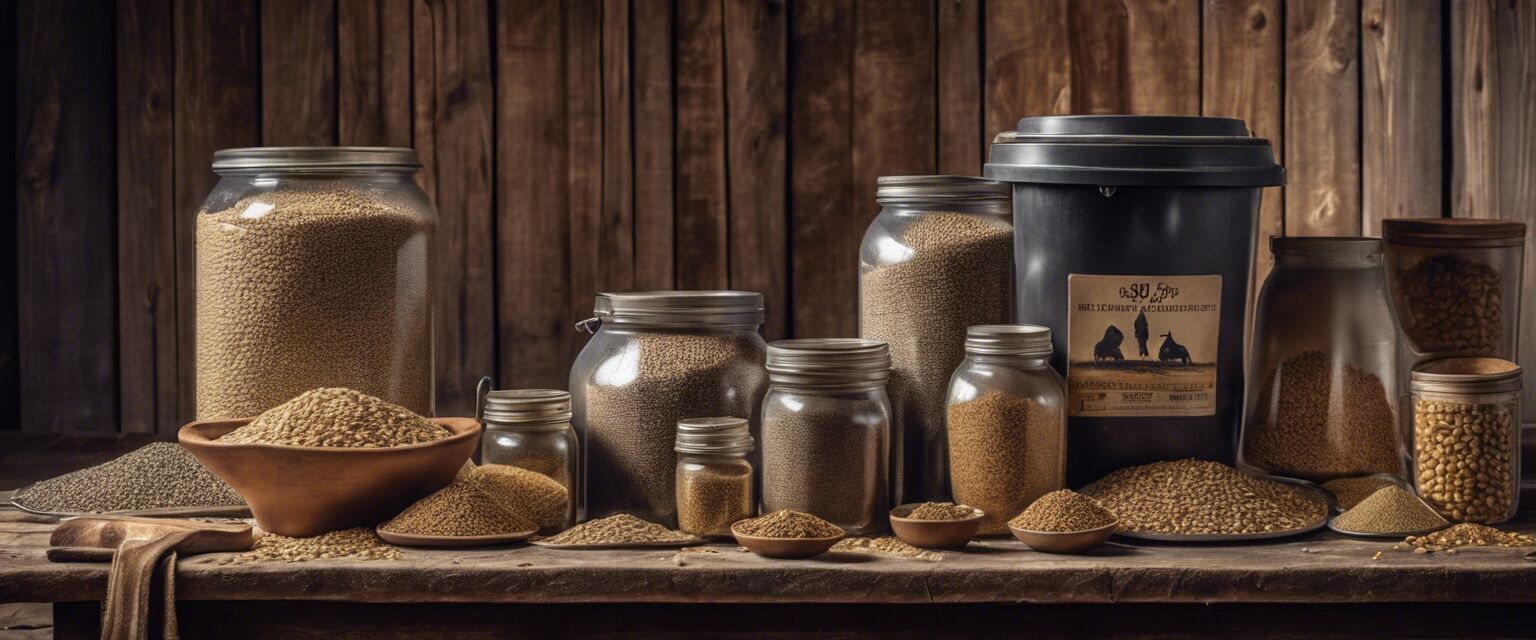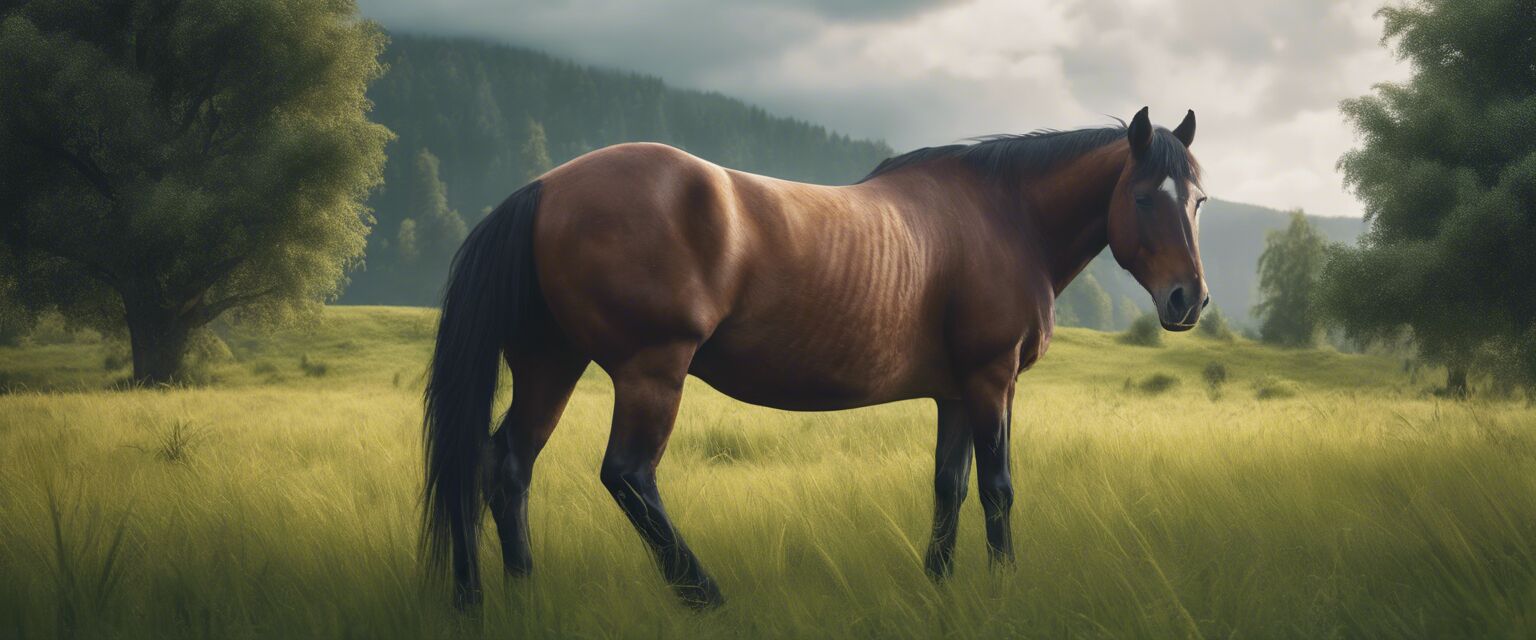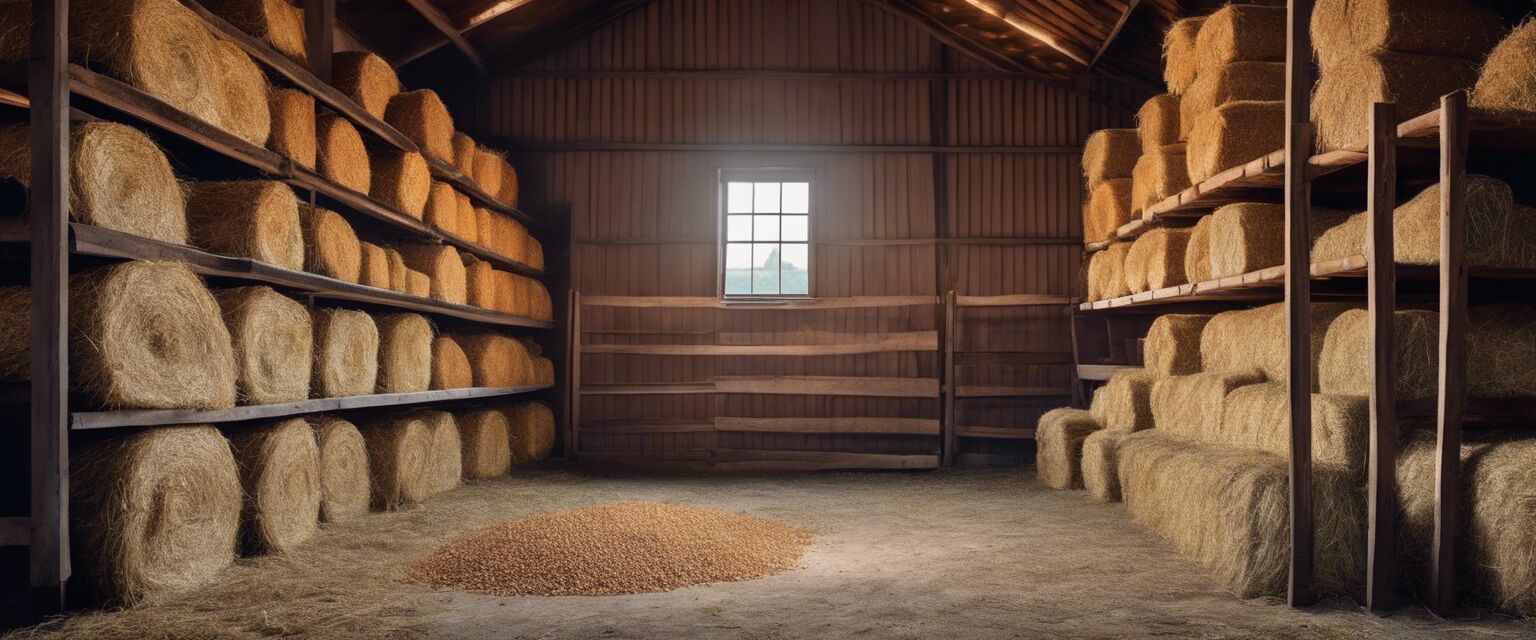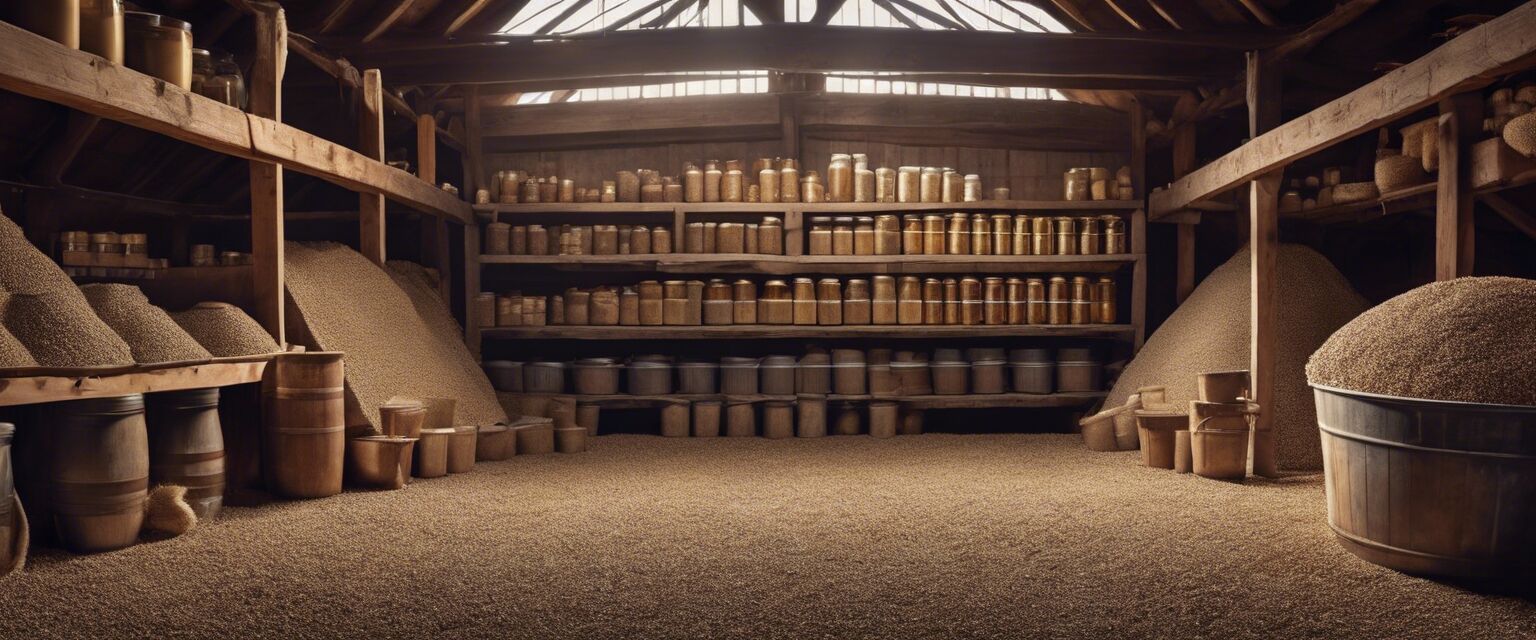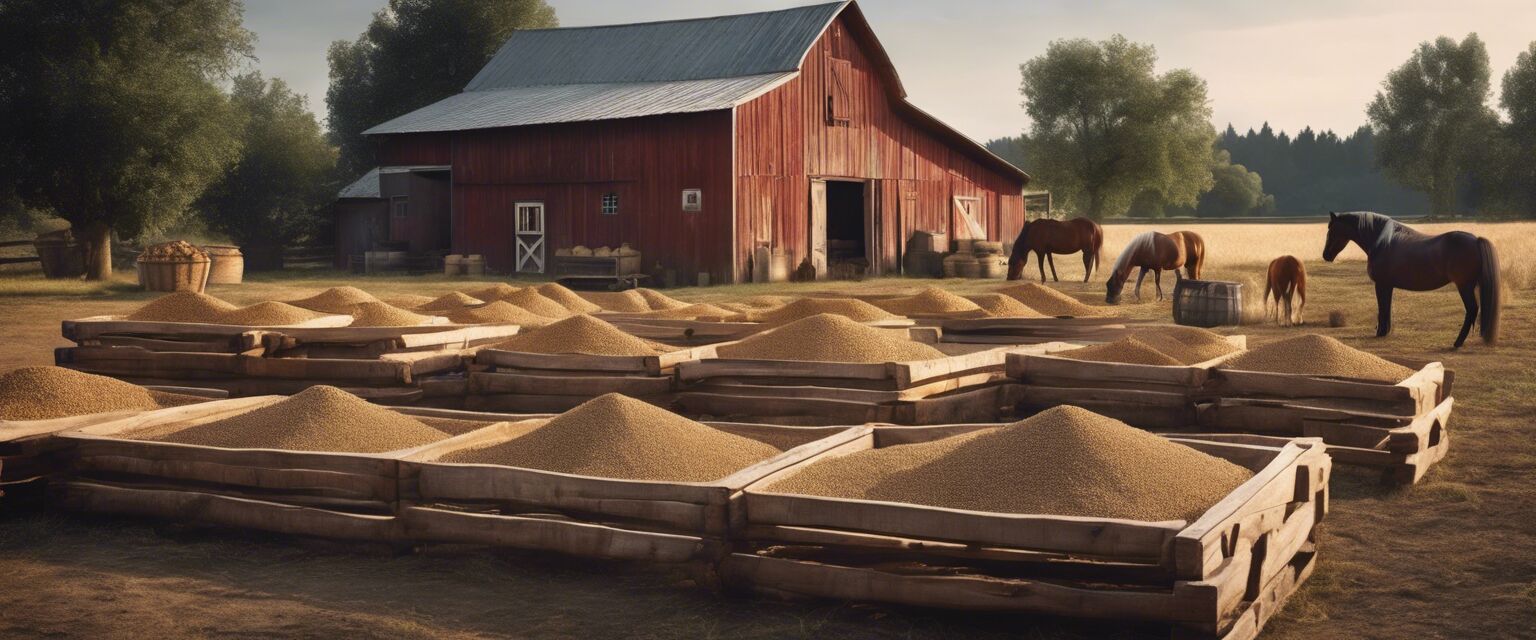
Life Stage Nutrition
Key Takeaways
- Nutritional needs vary significantly from foals to senior horses.
- Proper feeding strategies can enhance your horse's health and performance.
- Consulting with a veterinarian or equine nutritionist is essential for tailored feeding plans.
Nutritional requirements for horses change throughout their lives. Understanding these changes is crucial for maintaining their health and performance. This guide will delve into the unique needs of horses at various life stages, from foals to seniors, ensuring you provide the best care possible.
Understanding Nutritional Needs by Life Stage
| Life Stage | Key Nutritional Needs | Recommended Feeds |
|---|---|---|
| Foals (Birth - 6 months) | High protein, energy, calcium, and phosphorus | Foal starter grain, quality forage |
| Yearlings (6 months - 2 years) | Balanced diet for growth, adequate minerals | Growth formula grain, free choice hay |
| Adult Horses (2 - 15 years) | Maintenance diet, balanced energy, and nutrients | Adult horse feed, good quality hay |
| Senior Horses (15+ years) | High-quality fiber, easy-to-digest feed, and supplements | Senior horse feed, soaked hay |
Nutritional Needs of Foals
During the first six months of life, foals require a diet rich in protein and essential nutrients for growth and development. It's vital to provide them with:
- High-quality mare's milk or a suitable milk replacer.
- Foal starter feed to introduce solid food.
- Access to clean, fresh water.
Feeding Strategies for Foals
To ensure optimal growth, consider the following feeding strategies:
- Introduce solid food gradually starting at 2-3 weeks of age.
- Monitor body condition regularly to adjust feed as necessary.
- Provide hay and pasture access as they grow.

Nutritional Needs of Yearlings
Yearlings experience rapid growth and require a balanced diet to support this phase:
- High-quality grain formulated for growth.
- Access to high-fiber hay.
- Mineral supplements as recommended.
Feeding Strategies for Yearlings
Feed your yearling with these strategies in mind:
- Monitor weight gain; adjust feed levels to avoid excessive growth.
- Ensure free access to clean water and salt blocks.
- Provide consistent feeding times to establish routine.

Nutritional Needs of Adult Horses
Adult horses generally require a maintenance diet that includes:
- Balanced energy and protein levels.
- Quality hay or pasture as the primary forage source.
- Adequate vitamins and minerals for overall health.
Feeding Strategies for Adult Horses
Consider these feeding strategies for adult horses:
- Feed twice daily to maintain energy levels and prevent digestive issues.
- Adjust feed according to workload and body condition.
- Provide regular dental check-ups to ensure proper chewing.
Nutritional Needs of Senior Horses
Senior horses often face unique nutritional challenges due to age-related issues:
- Higher fiber content for digestive health.
- Soft, easy-to-chew feed options.
- Supplements for joint and digestive support.
Feeding Strategies for Senior Horses
To cater to senior horses' needs, implement the following strategies:
- Provide soaked hay to make it easier for them to chew.
- Split feed into smaller meals throughout the day.
- Consult with a veterinarian for tailored nutritional plans.

Conclusion
Understanding the unique nutritional needs of horses at different life stages is essential for their health and well-being. By providing appropriate feeds and following tailored feeding strategies, you can ensure your horse thrives at every age. For more information on horse feeding, check out our sections on feeding equipment, feeding strategies, and health and nutrition.
Pros
- Improved overall health and performance.
- Enhanced growth in foals and yearlings.
- Better management of age-related issues in seniors.
Cons
- Higher costs for specialized feeds and supplements.
- Time-consuming to monitor and adjust diets.
- Potential for overfeeding or underfeeding without proper guidance.
